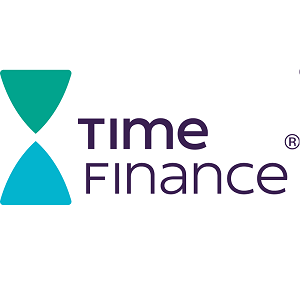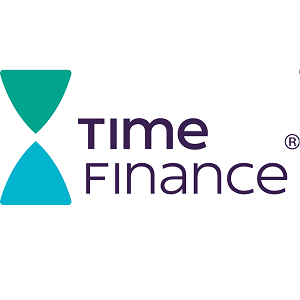Running a business demands precision, foresight, and adaptability. To help business owners stay ahead, Time Finance has created a guide to key dates for UK businesses in 2025, covering tax deadlines, legislative changes, bank holidays, and employer obligations.
The guide highlights that businesses must act early in the year to meet the critical 31 January deadline for filing online Self Assessment tax returns and settling liabilities for the 2023/24 tax year. The first payment on account for the 2024/25 tax year is also due, with penalties awaiting those who miss the deadline.
February brings adjustments to alcohol duties, benefitting small producers while increasing costs for some products. March sees the introduction of new recycling laws for businesses with 10 or more employees, requiring the segregation of food waste and recyclables, alongside updates from the Spring Budget, which may impact business planning.
April heralds significant changes with the new tax year. Employer National Insurance contributions rise, Employment Allowance thresholds are adjusted, and statutory pay rates increase. Wage rates, including the National Living and Minimum Wage, also see notable increases, necessitating careful payroll reviews.
Key dates in May include the P60 issuance deadline for employers and local elections, which could influence policies affecting small businesses. In July, businesses must meet the second payment on account for 2024/25 tax liabilities, ensuring their tax commitments are on track.
Later in the year, Business Finance Week offers invaluable resources for securing funding, while the Autumn Budget presents insights into the economic landscape. November’s Black Friday and Cyber Monday provide substantial sales opportunities, while December encourages businesses to prepare for the next tax cycle by organising records and streamlining finances.
With 2025 poised to bring both challenges and opportunities, Time Finance provides tailored financial solutions, including Invoice Finance, Asset Finance, Secured Loans, and Asset-Based Lending, ensuring businesses remain resilient and ready to thrive.


